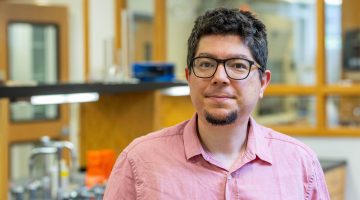Media boost Maine cattleman’s college
The Bangor Daily News, Morning Ag Clips, the Sun Journal and CentralMaine.com shared that the University of Maine Cooperative Extension and the Maine Beef Producers Association will host the Maine Cattlemen’s College on Oct. 15, beginning at 9 a.m., at the J. F. Witter Teaching & Research Center, 160 University Farm Road, Old Town. This […]
Read more
